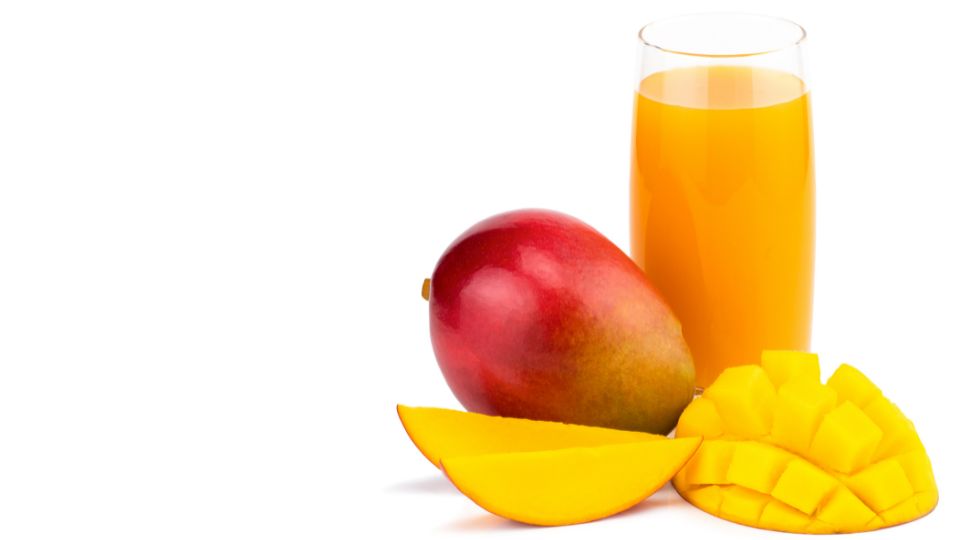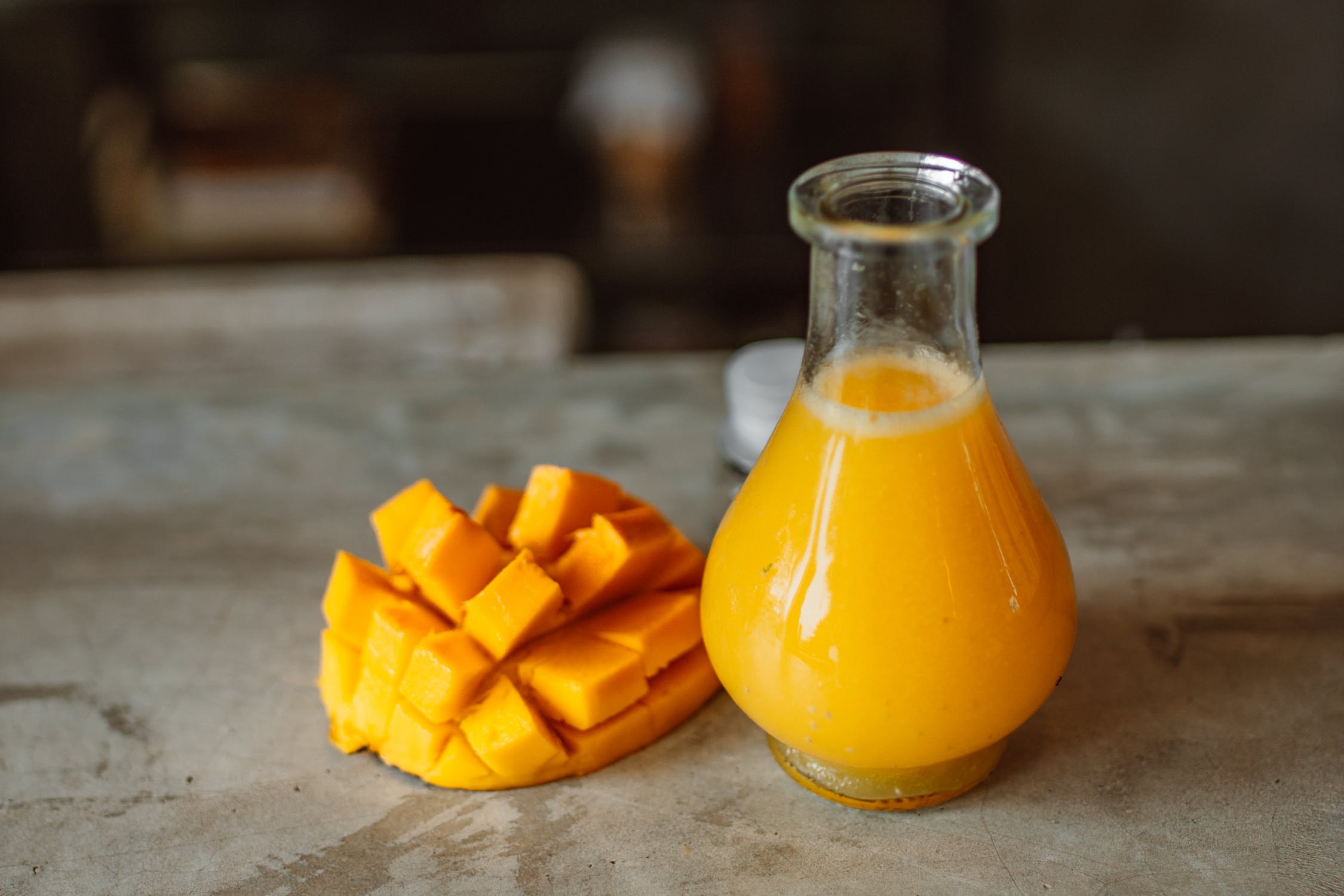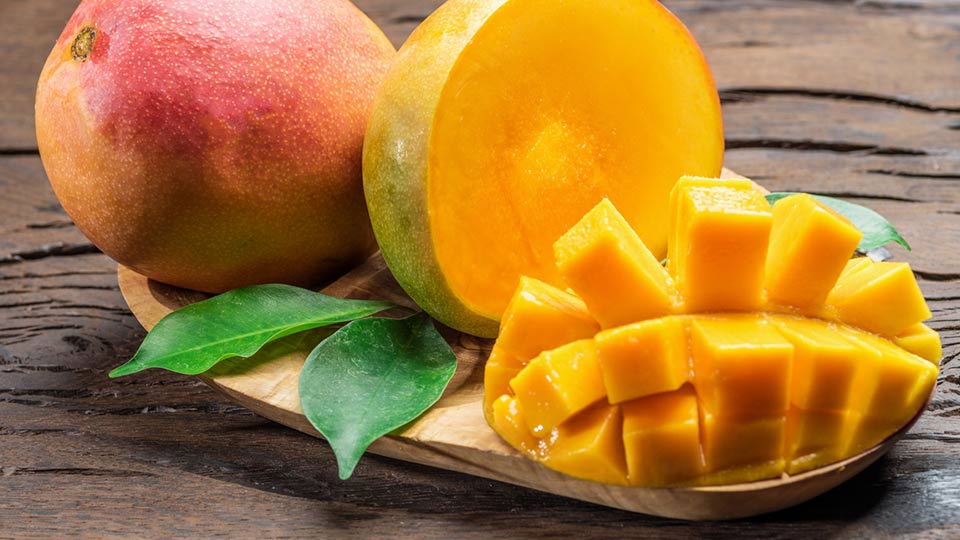Do you ever wonder if certain foods or drinks can have an effect on your bowel movements?
Mangoes are known for their sweet and tangy flavor, but they also offer a wide range of health benefits. One of the most notable benefits of consuming mangoes is their positive impact on digestive health. Mangoes and their juice can help promote regular bowel movements and support overall gut health.
In this article, we will explore the potential effects of mango juice on digestion and bowel movements.
Mango Juice and Digestive Health
Mango juice is an excellent source of fiber, with one cup containing approximately 0.6 grams of dietary fiber. Fiber plays a crucial role in digestive health by adding bulk to stools, helping to move food through the digestive tract, and preventing constipation. Consuming adequate amounts of fiber is essential for maintaining digestive health and preventing a range of health issues.
Mango juice is also rich in vitamins and minerals that can support digestive health. For example, mangoes are high in vitamin C, which has antioxidant properties and can help reduce inflammation in the gut. Mangoes are also a good source of vitamin A, which can help to maintain the health of the mucous membranes in the gut and support the immune system.
Furthermore, mango juice contains other compounds that can stimulate bowel movements and promote digestive health. Mangoes contain enzymes like amylase and protease that can break down carbohydrates and proteins respectively, making it easier for the body to digest these nutrients. Mangoes also contain natural sugars like sucrose, glucose, and fructose, which can promote the growth of beneficial gut bacteria.
Can Mango Juice Make You Poop?
Mangoes are known for their delicious taste and numerous health benefits. However, some people wonder if mango juice can make them poop more often.
Fiber Content of Mango Juice
Mangoes are a great source of dietary fiber, which is essential for healthy digestion. The fiber in mangoes can help regulate bowel movements, prevent constipation, and keep the digestive system running smoothly. Mango juice also contains some fiber, although not as much as the whole fruit.
Effects of Mango Juice on Bowel Movements
Drinking mango juice can stimulate bowel movements due to the fiber content and natural sugars in the fruit. However, the effects can vary depending on the individual’s digestive system and overall diet. Some people may experience looser stools or more frequent bowel movements after consuming mango juice, while others may not notice any significant changes.
Other Factors Affecting Digestive Health
While mango juice can potentially stimulate bowel movements, other factors such as hydration, exercise, and overall diet also play a crucial role in digestive health. It is essential to consume plenty of water and other hydrating fluids to help keep stools soft and easy to pass. Regular exercise can also improve digestive function and help prevent constipation. Eating a balanced diet that includes plenty of fruits, vegetables, whole grains, and lean protein sources can also support digestive health.
Precautions and Considerations
While mango juice can have beneficial effects on digestive health, it is important to consume it in moderation. Drinking too much mango juice can lead to excess sugar intake, which can cause bloating, diarrhea, and other digestive issues. Additionally, some people may be allergic to mangoes and should avoid consuming the fruit or juice altogether.
Factors That May Affect Bowel Movements
While mango juice may help support digestive health and promote regular bowel movements, there are several other factors that can impact bowel movements.
It’s important to consider these factors and how they may interact with mango juice consumption to understand its potential effects on the digestive system.
- Diet: A diet that is high in fiber and water content can help promote healthy bowel movements. If someone is not consuming enough fiber, this may lead to constipation, making it harder to have regular bowel movements. Consuming mango juice as part of a balanced diet can provide the necessary fiber and water content to promote regular bowel movements.
- Hydration: Proper hydration is essential for maintaining healthy bowel movements. Dehydration can lead to constipation, making it harder to have regular bowel movements. Drinking plenty of fluids, including mango juice, can help maintain hydration levels and support regular bowel movements.
- Medications: Certain medications, such as painkillers and antidepressants, can cause constipation as a side effect. If someone is taking medications that may cause constipation, it is important to consult with a healthcare provider to determine if mango juice can be safely consumed.
- Health conditions: Certain health conditions, such as irritable bowel syndrome (IBS) or inflammatory bowel disease (IBD), can affect bowel movements. If someone has these conditions, consult with a healthcare provider to determine if mango juice can be safely consumed.
FAQs
Can mango juice cause diarrhea?
Excessive consumption of mango juice can lead to diarrhea in some people. This is because mango juice is high in fiber and can have a laxative effect if consumed in large quantities.
Is mango juice good for the stomach?
Mango juice can be good for the stomach as it contains enzymes that aid digestion and can help alleviate inflammation in the stomach lining. However, it is important to consume mango juice in moderation and consult with a healthcare professional before using any natural remedies for stomach issues.
When should I drink mango juice?
It is recommended to drink mango juice before lunchtime to help with digestion and absorption of nutrients. However, the timing of when to drink mango juice may vary depending on an individual’s specific needs and preferences.
Is 100% mango juice healthy?
100% mango juice can be a healthy option as it contains natural sugars and nutrients such as vitamin C, vitamin A, potassium, and fiber. However, it is important to consume it in moderation as it is also high in calories and sugar. It is best to choose 100% natural and unsweetened mango juice without any added preservatives or artificial ingredients.
Conclusion
In conclusion, mango juice can have an impact on bowel movements due to its fiber and other compounds. While it may help alleviate constipation and improve overall digestive health, excessive consumption or other factors such as dehydration can lead to diarrhea or other gastrointestinal issues.
It is important to listen to your body and consume mango juice in moderation, as well as maintain a healthy diet and lifestyle for optimal digestive health. As always, consulting with a healthcare professional is recommended if you have any concerns about your digestive health.







